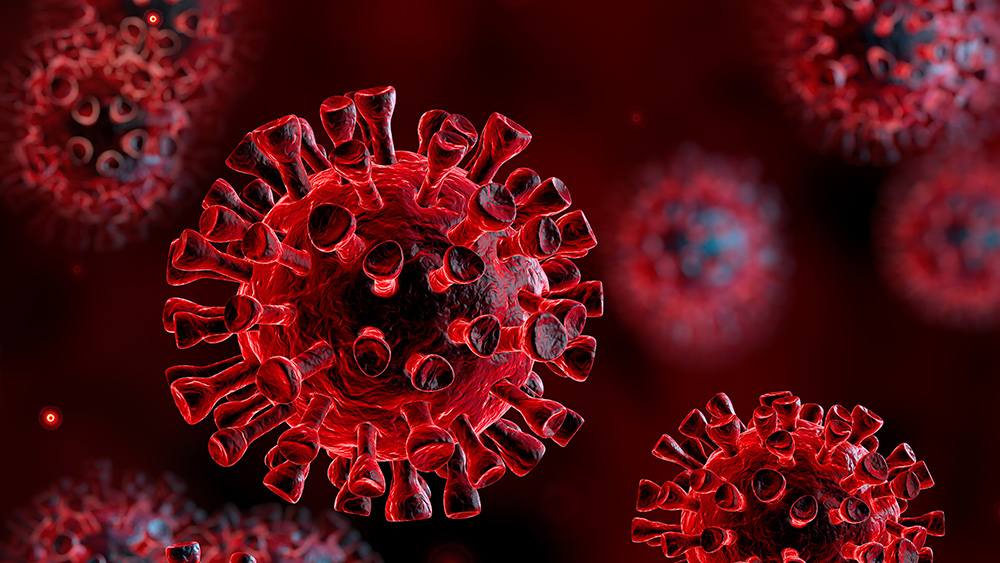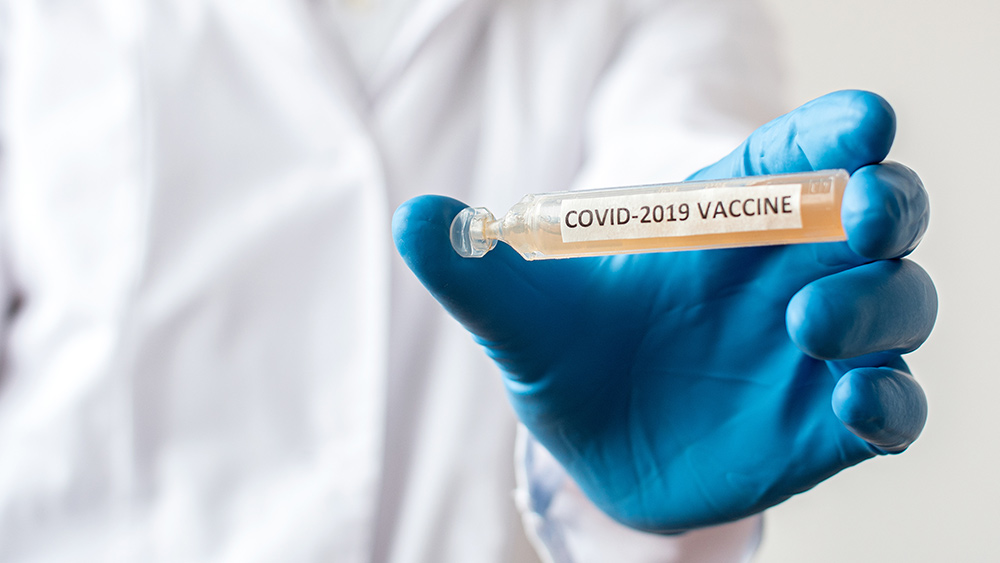Being stressed out is bad for the heart: It reacts on a genetic level
03/05/2020 / By Darnel Fernandez

Stress refers to the body’s biological response to any type of demand. When you encounter a threat or a major challenge, hormones and chemicals start circulating throughout your body. According to the American Institute of Stress, 44 percent of Americans felt more stressed nowadays than they did half a decade ago and that 1 in 5 have experienced extreme stress. While stress is not necessarily a bad thing, too much of it could lead to negative health complications like shaking, heart palpitations and even strokes. Now, recent research takes a much closer look at the growing associations between stress and heart health.
A study published in the journal Cell Reports looks into the communication between the heart cells. Researchers found that a certain genetic message to produce healthy heart tissue is altered in the body during aging or when experiencing stressful situations, contributing to heart problems like sudden cardiac death. This finding could potentially help develop targeted therapies that could assist people with a higher risk of arrhythmias and heart attacks.
“Typical understanding of the biology used to be as straightforward as ‘here’s the message, make a protein,” said senior author James Smyth. “We know it is not that simple anymore. It’s actually dynamically regulated. If the cell is stressed, that message will be read differently.”
Medium is the message
Researchers from Virginia Tech focused on how untranslated regions of RNA that flank genetic code become shorter during stress or aging. This minimal change could influence how the cells read a genetic message to make proteins and build structures like channels that allow for coordinated contractions and efficient blood pumping.
To be specific, the researchers focused on a gene called GJA1, which gives instructions to create the gap junction protein Connexin 43. These gap junction proteins directly couple the contents of adjacent cells and are important for the overall health of your heart. Malfunctions in the electrical communication between cells could cause signals to become significantly disorganized and lead to complications that contribute to sudden cardiac death.
“The more we identify these molecular, very fundamental mechanisms, the sharper we’re going to get in therapeutics,” Smyth said. “By manipulating this biology, we are figuring out the downstream factors acting on the DNA or RNA. Hopefully, we have found a powerful angle to develop therapeutics, such as small molecules for precise, safer treatments.”
For this study, the research team examined cardiac cells, mouse cell lines and even aged mouse heart tissue where they discovered increases in major GJA1-encoded proteins which should indicate healthier conditions between the heart cells. However, they also discovered an increase of shortened, untranslated regions of RNA that shut down the creation of other GJA1-encoded proteins during stressful periods. This changes how the cell synthesizes these encoded proteins and limits the communication between the heart cells. (Related: Why you need magnesium if you’re constantly stressed or anxious.)
The researchers also exposed cardiac cells derived from human-induced stem cells to reduced oxygen. These cells also exhibited an increase in truncated, untranslated RNA regions. This finding demonstrates that this is a common response to all untranslated regions to physiological stress that is conserved across different species.
However, this phenomenon not only happens in heart cells but in a variety of other cells as well. Smyth even claims that this activity also happens in cancer and brain cells. All in all, the researchers stress the need for future work that makes use of deep sequencing to define the exact sequence of elements that regulate GJA1.
Find similar stories on this topic at MindBodyScience.news.
Sources include:
Tagged Under: arrhythmias, cardiovascular disease, cardiovascular health, genetics, GJA1, heart attack, heart health, mental health, mind body science, stress, sudden cardiac death




















